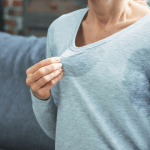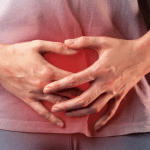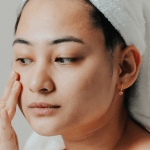It’s waking up feeling like a human hot water bottle and drenched in sweat that can really play havoc with your sleep quality and your life.
It’s very common with around 75 to 85% of women during perimenopause and post menopause to experience these night sweats.
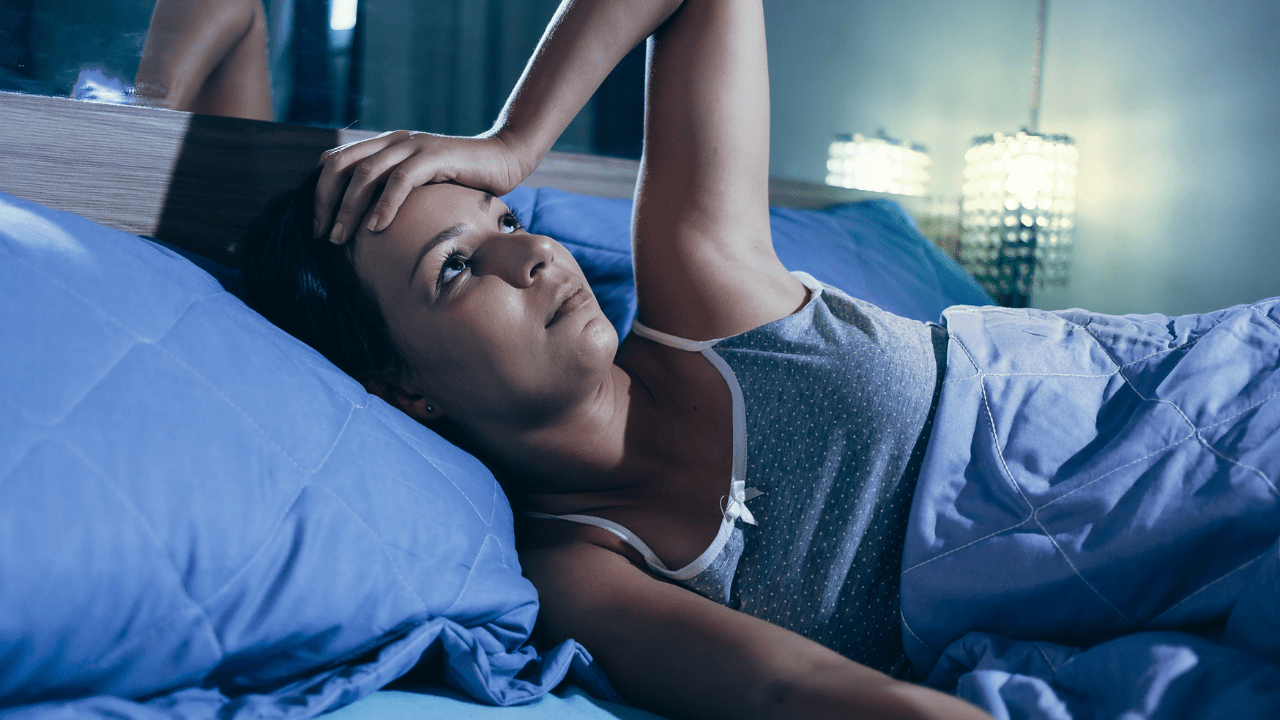
What are night sweats? Night sweats are caused by declining hormone levels like your estrogen, which can affect the part of the brain that controls body temperature, the hippothalamus. So why do they happen? The body becomes confused and incorrectly identifies a rise in temperature, which dilates your blood vessels and causes sweat to break out. Waking up suddenly can cause adrenaline to surge and it makes it difficult to get back to sleep once you’ve woken up.
So what can you do about this night? Sweats are very common symptom of menopause, and there’s several things you can do to help. Here are some of the best things to do for night sweats:
First – dress in lightweight clothing when you’re going to sleep. Wear a lightweight, breathable fabric such as cotton or moisture wicking sleepwear to regulate your body’s temperature and minimize sweating.
Second – use bedding that promotes cooling. Choose bedding made from breathable fabrics such as cotton or linen. And use a cooling pillow or mattress pack to help regulate your body’s temperature.
Third – keep your bedroom cool. Keep the temperature in your bedroom cool, preferably between 60 and 70 degrees Fahrenheit.
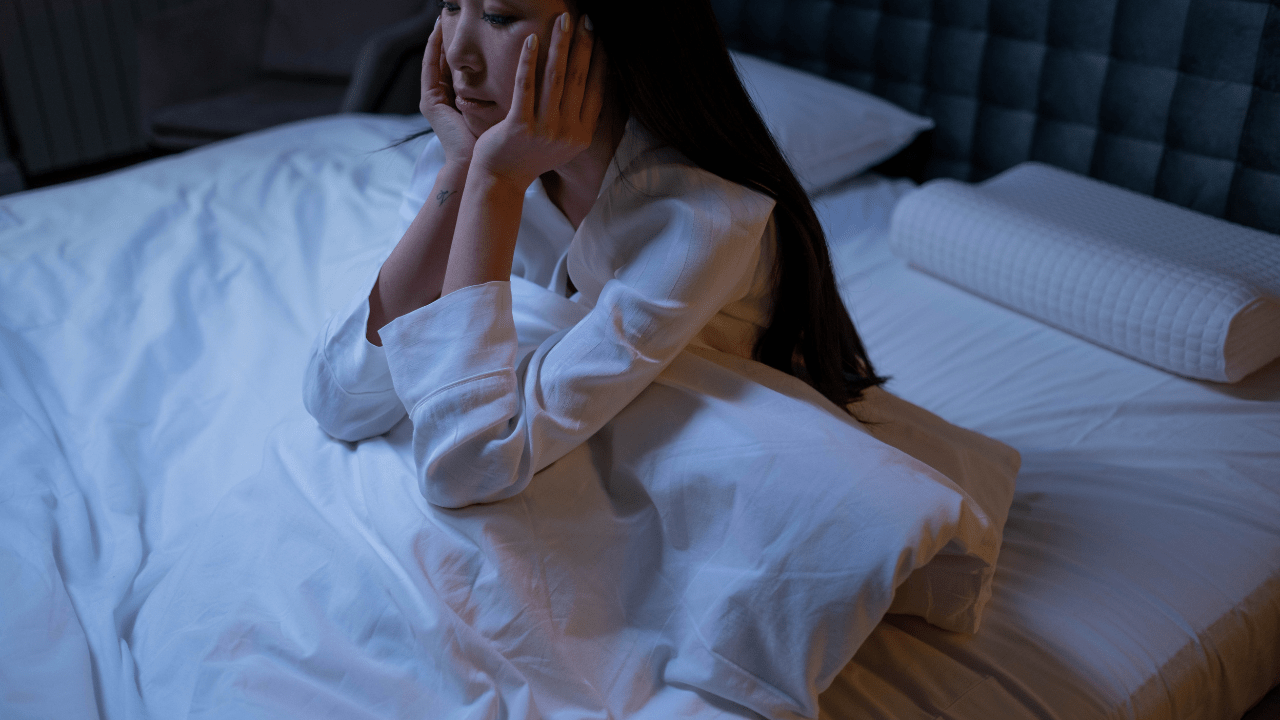
Fourth – stay hydrated. Drink plenty of water throughout the day to help regulate your body’s temperature and prevent dehydration.
Fifth – limit alcohol and caffeine. Both of these can trigger night sweats, so it’s best to limit your intake of these substances or eliminate them altogether.
Sixth – consider hormone therapy. Hormone therapy can help to alleviate your menopausal symptoms, including night sweats. For night sweats, in particular, estrogen and progesterone. Talk to your healthcare provider to determine if hormone therapy is a good option for you.
Seventh – consider natural remedies. Some women find relief from nights that’s by taking natural supplements such as black cohosh or phytoestrogens like soy isoflavones. And there’s some other ones out there that can help and be a precursor of the estrogen which is causing the the decline in estrogen which is causing your hot flashes.
I hope these seven tips helped you, and make sure to share with your friends because this could really be a life changer for them!

